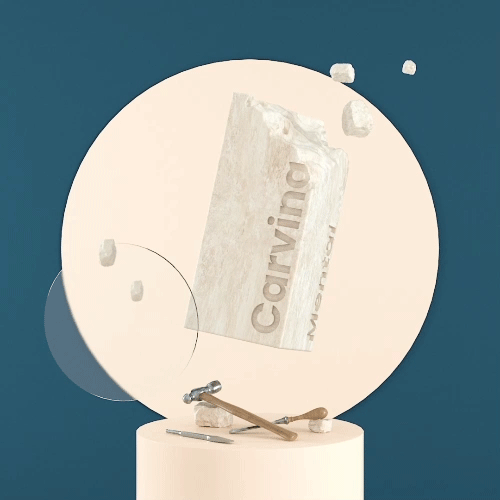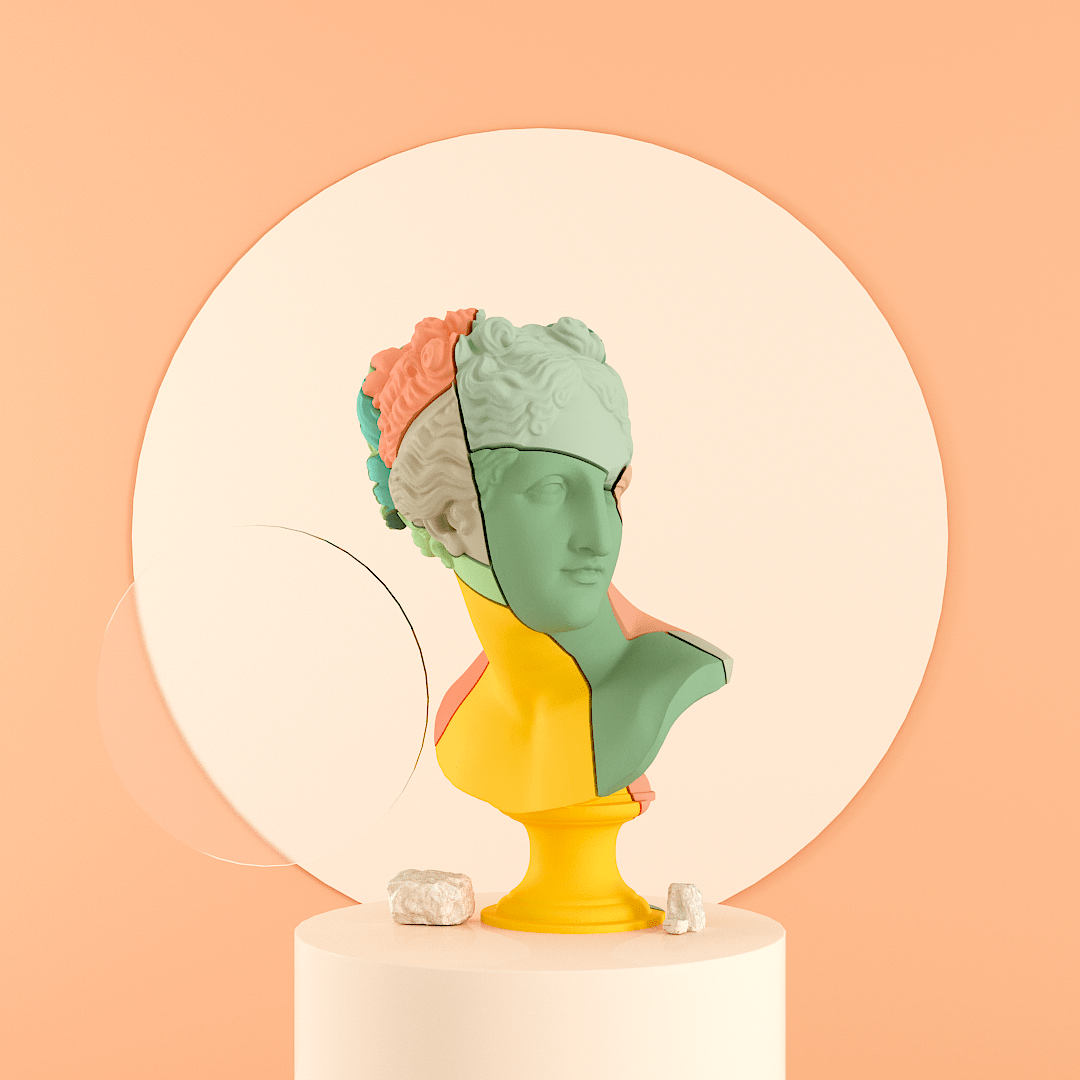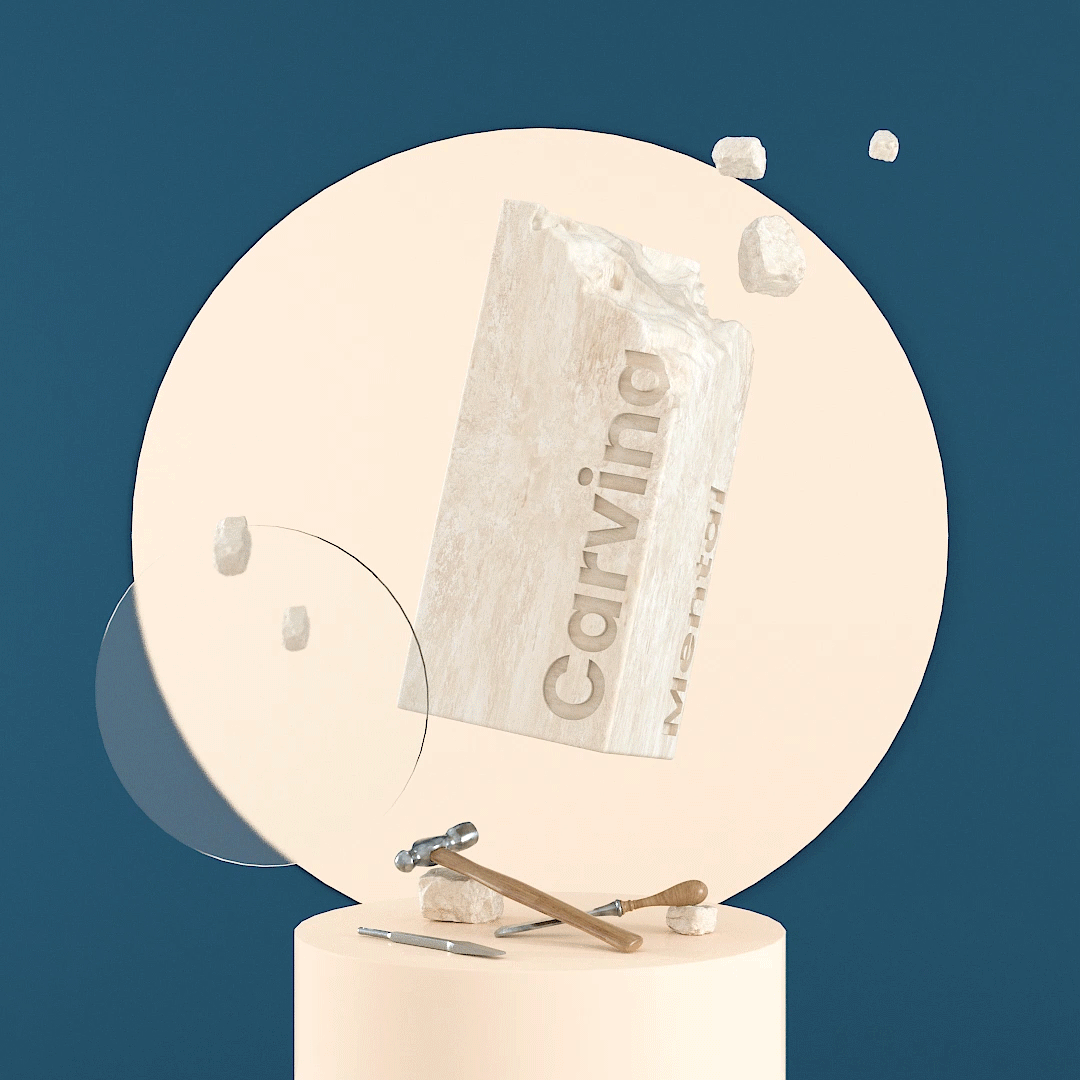
THE GOOD
Many individuals acquired habits that promote mental well-being
Carolina Seybert, PhD
Something very unique happened during the pandemic – the constant buzz of normal life quietened down and so, with less distraction, we started to observe ourselves. Many individuals began to pay more attention to how they were feeling and developed habits that support good physical and mental health, such as maintaining a healthy diet, regular sleep and exercise.
Call to Action: Don’t lose momentum! Did you acquire positive habits during the pandemic? If so, make a plan on how to maintain them. If not, it’s never too late to start. Take a moment to look inwards and see what your needs are and how you can achieve them.
Awareness to Mental Health has increased
Raquel Lemos, PhD
The pandemic has shown us that anyone may struggle with psychological problems and that good mental health is a fundamental aspect of well-being. This realisation has led to an increase in awareness, openness and acceptance to mental health issues, which are instrumental for promoting good mental health across society at large.
Call to Action: Be attentive to the people around you, kind and patient. If you, or anyone close to you, is suffering from psychological issues, seek professional support. *See list of resources at the end of this article (PT).
We’ve gained a new sense of perspective
Carolina Seybert, PhD
Not having access to the “little things” – going out with friends, traveling, hugging – has been extremely difficult. But when you go through an experience of not having something, you might value it even more when we have it back. This new sense of appreciation brings into focus many aspects of our lives that we often take for granted, but may actually be critical for our well-being.
Call to Action: Hold on to this newly learned lesson – stay in the moment and keep valuing the “little things” now that you have them back.

THE BAD
Self-diagnosis and misinformation about mental health may be on the rise
Carolina Seybert, PhD
If someone is low on energy and sad, does it mean they’re depressed? Does a feeling of anxiety accompanied by an increased heart rate necessarily signifies a panic attack? Now that mental health issues are part of “the conversation”, many more individuals are going online to check their symptoms. However, online tools for symptom or personality assessment may be easy to access, but can easily be wrong.
Call to action: Self-diagnosis is never a good idea, since the person lacks both the professional knowledge and the external perspective that a trained professional has. If you are feeling unwell, reach out for help and get a professional diagnosis. (For reference, see list of links at the bottom of the article).
Newly-acquired bad habits linger on
Ana Maia, MD
The pandemic has forced people to change their lifestyle habits in important areas of personal, social and professional life. These new routines have affected not only the way we relate to each other, but also the way we eat, sleep and deal with stress, often with negative implications for our mental health. With social deconfinement, people are now able to return to their previous lifestyle routines, but some struggle with lingering harmful habits they had acquired during the pandemic, such as limited social interactions, increased screen time, impaired work-life balance, unhealthy diet, or even alcohol-overconsumption.
Call to Action: Are you, or is anyone you know struggling with newly acquired bad habits? As some of these habits might have negative consequences in the long-term, aggravating pre-existing problems and eventually contributing to the development of mental illnesses, make a plan to kick these habits and don’t hesitate to seek professional help if needed.
Many individuals are still dealing with trauma, loss and grief
Jaime Grácio, PhD
There are many individuals that still suffer from trauma, loss and grief caused by the COVID-19 pandemic. These include individuals who were very ill, people that were denied normal social functioning, access to general resources and employment, and people who have experienced loss.
Call to Action: Be aware of those that are still suffering and empathise with their situation, while trying to promote informal support in the community as well as access to mental health services.

THE FUTURE
Battling stigma surrounding mental health issues
Albino Oliveira- Maia, MD, PhD
If someone experiences sustained abdominal pain, they would probably not hesitate about scheduling a doctor’s appointment. Yet, mental suffering is often brushed aside, due to feelings of shame, guilt or belittlement. This approach is reinforced by societal trends, which are often negatively biased against mental health problems.
Call to Action: This long-standing problem may be overcome through a two-pronged approach with outreach actions on an institutional level, and openness on an individual level.
Improving access to mental health care
Albino Oliveira- Maia, MD, PhD
Heightened awareness of the importance of mental health is a crucial first step. However, it should be met by a well-prepared health care system, which is now unfortunately lacking in many instances. The first straightforward solution to this problem is increasing resources, namely the number of mental health care professionals and services. But there’s another interesting approach, which is to provide mental health training to individuals who regularly interact with many people, such as family doctors, nurses, among others in the community, who are not necessarily health professionals.
Call to Action: We can help by supporting policies and actions that promote better health care access to all.
Practice altruism as a way of making life better for everyone
Jaime Grácio, PhD
I would like to keep this final message minimal so that each person could think about it in their own way. As I see it, COVID-19 highlighted the preciousness of life. By recovering from the threats imposed by the virus, people may have become more prone to empathise with suffering in general. This particular way of viewing the world may promote a more humane way of relating to each other.
Call to Action: Reflect on the true meaning of being a “Human Being”. Take this opportunity to think deeply about human values. Think about others that are still in need and define personal actions to help some of these individuals.
Links (Portuguese):
Saúde Mental – Página Inicial
Sociedade Portuguesa de Psiquiatria e Saúde Mental: SPPSM
Ordem dos Psicólogos Portugueses
Saúde Mental
SAUDEMENTAL.PT
Saudementalpt
UPA Informa – Web site de informação sobre saúde mental
By Liad Hollender, Science writer and editor of the CCU Communication, Events & Outreach Team.
Animations by Tiago Coelho, Junior motion graphic artist & video editor of the CCU Communication, Events & Outreach Team. (instagram.com/ttiago_coelho)
Contributions by:
Diogo Matias, Junior designer of the CCU Communication, Events & Outreach Team
António Monteiro, Scientific events coordinator of the CCU Communication, Events & Outreach Team







